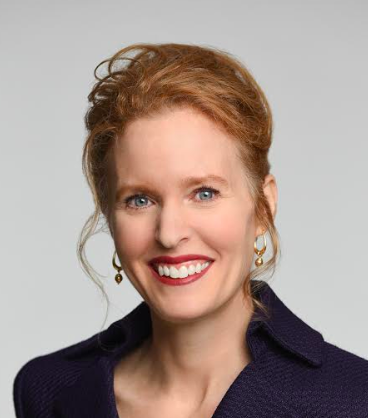
Photo: a 2019 climate change protest in Nuremberg, Germany. More observers see links between the global COVID-19 pandemic and climate change risks.
Co-written with Stacy Swann
In 2020, the world’s poor find themselves at the nexus of two crises: COVID-19 and climate change. The people most vulnerable to COVID-19 – low-income individuals, women, workers in the informal economy, and ethnic and racial minorities – are the same citizens that are most vulnerable to weather and climate crises.
The poor disproportionately face obstacles to adapting to the effects of climate change due to unstable incomes, little if any savings, their work in the informal economy, a lack of access to credit, and of course, the reality of the landscape in the communities and countries in which they live.
These constraints have only become exacerbated in the COVID-19 global recession. As governments, businesses and financial institutions move into economic recovery, it is necessary to ensure that that recovery is sustainable, resilient and fair – if not, it will be reinforcing an already dire situation for the world’s poor.
A population’s vulnerability to climate change proceeds along three axes: exposure, susceptibility and the ability to cope.
Where it comes to access to finance, low-income populations suffer the impacts of all three. The poor are more exposed to climate change because of where they can afford to live or the economic activities they engage in, such as farming or fishing.
For instance, a Harvard study found that Miami-Dade County was affected by “climate gentrification:” as flood risks increase, wealthier residents are moving inland, displacing local low-income communities. Further, some studies suggest that climate change adaptation expenditures tend to be driven by wealth rather than need, which exacerbates the inequalities between high and low-income communities if not shifting more climate risk onto the latter.
Finally, structural inequalities ensure that low-income communities lack access to the social, cultural and financial assets they need to cope with the onset and consequences of climate change. Low-income urban households tend to hold most of their wealth in a single asset – housing – which means they have a single and significant point of financial vulnerability to climate change. Conversely, high-income households generally hold better-diversified portfolios of assets and wealth, both financially and geographically making them better able to withstand financial shocks from climate impacts.
Taken together, these factors imply that the costs of climate change may make vulnerable communities even more vulnerable over time, increasing proportionate costs of climate change for these groups exactly when they cannot afford it, and in doing so, accelerating inequality. This is the exact opposite of progress.
Investing in resilience is really the only option to address these headwinds and ensure a fair and just transition. Finance, both public and private, has a powerful role to play in mitigating the cycle of income inequality and climate vulnerability, but historically this sector and its leaders have been deaf to the needs of the most vulnerable, deeming these groups as higher risk from a credit perspective. Furthermore, there has been an increasing gap in the financial ecosystem of banks and investors serving vulnerable communities and those that do exist often provide capital at significant cost, effectively reducing the availability of credit to low-income communities.
In our next article, we’ll focus on two strategies that can help these struggling communities recover in the long term.
Co-author Stacy Swann is CEO of Climate Finance Advisors, a Benefit LLC with the explicit purpose of creating a material positive impact on society and the environment. Ms. Swann is also a Board Member of the Montgomery Country Green Bank.
Image credit: Markus Spiske/Unsplash

Joyce Coffee, LEED AP, is founder and President of Climate Resilience Consulting. She is an accomplished organizational strategist and visionary leader with over 25 years of domestic and international experience in the corporate, government and non-profit sectors implementing resilience and sustainability strategies, management systems, performance measurement, partnerships, benchmarking and reporting.














